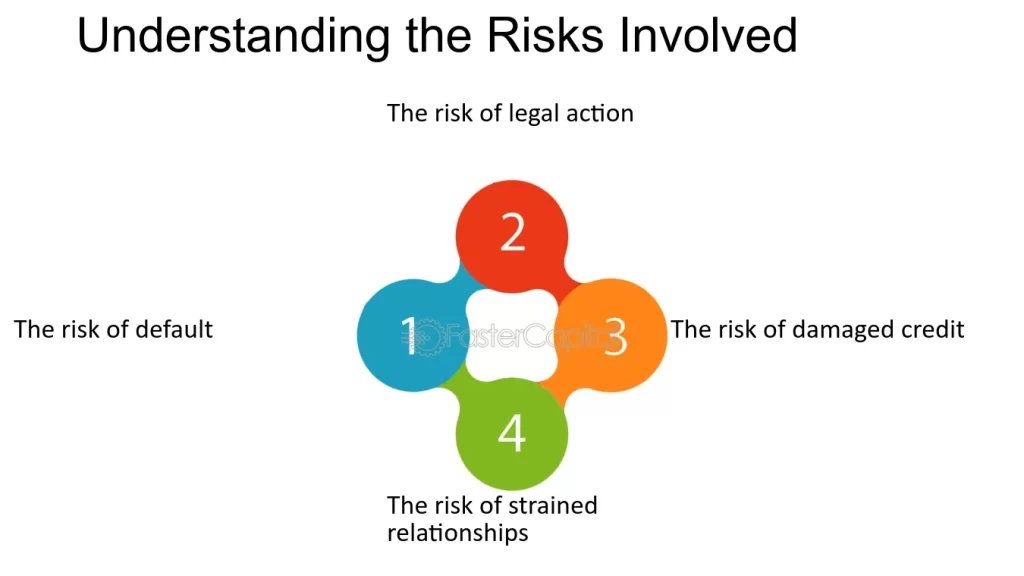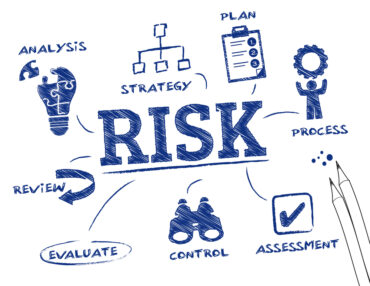AUTHOR : AVERY ELSHER
DATE : 4 / 03 / 2024
Introduction
In a digital age where convenience often takes precedence over security, high-risk software downloads pose a significant threat to users, particularly in a country like India. Understanding the risks associated with downloading software from unreliable sources is crucial to safeguarding personal and professional data as well as maintaining the integrity of systems. High-risk software downloads refer to the practice of obtaining applications or programs from sources that are not verified or trusted. These downloads often involve the installation of potentially harmful malware or viruses that can compromise the security and functionality of a device.
Understanding the Risks Involved

Malware and Viruses
One of the primary risks associated with high-risk software downloads is the infiltration of malware and viruses into the user’s system. These malicious programs can cause a range of issues, including data theft, system crashes, and unauthorized access to sensitive information.
Legal Implications
Downloading software from unauthorized sources can also have legal implications. Many software programs are protected by copyright laws, and obtaining them through illegitimate means constitutes piracy, which is punishable by law.
Factors Contributing to High-Risk Downloads in India
Lack of Awareness
One of the main reasons behind the prevalence of high-risk downloads in India is a lack of awareness among users about the potential dangers. Many individuals are unaware of the risks associated with downloading software from unverified sources and may not take adequate precautions to protect themselves.
Limited Access to Legitimate Software
In some cases, users resort to high-risk downloads due to limited access to legitimate software. This may be due to factors such as geographical restrictions, affordability issues, or a lack of awareness about official channels for obtaining software.
Economic Factors
Economic factors also play a role in driving high-risk downloads. Some users may be tempted to download software from unauthorized sources due to the perceived cost savings compared to purchasing licensed versions of the software.

Impact on Users and Businesses
Personal Data Theft
One of the most significant risks[1] associated with high-risk downloads is the theft of personal data. Malicious software can exploit vulnerabilities in a user’s system to access sensitive information such as passwords, financial data, and personal documents.
Financial Losses
High-risk downloads can also result in financial losses for both individuals and businesses. Ransomware attacks, for example, can encrypt a user’s files and demand payment for their release, leading to significant financial repercussions.
Damage to Reputation
For businesses, the consequences of high-risk[2] downloads extend beyond financial losses. A data breach resulting from malware or viruses can damage a company’s reputation and erode customer trust, leading to long-term negative impacts on the business.

Strategies to Mitigate Risks
Installing Antivirus Software
One of the most effective ways to mitigate the risks associated with high-risk downloads is by installing reputable antivirus software[3]. These programs can detect and remove malware, viruses, and other malicious software before they can cause harm to a user’s system.
Using Trusted Sources
Users should also exercise caution when downloading software and only obtain programs from trusted and verified sources. Official websites and app High-Risk Software Downloads for Windows in India stores[4] are generally safer options than third-party download sites.
Educating Users
Educating users about the risks of high-risk downloads is essential in combating the problem. Providing information about the potential dangers and best practices for safe downloading can help users make more informed decisions.
Legal Implications and Regulations
In addition to technical and educational measures, legal frameworks and regulations play a crucial role in addressing high-risk downloads. Implementing laws and policies to combat piracy and enforce copyright protection can help deter users from engaging in illegal downloading[5] activities.
Conclusion
High-risk software downloads pose a significant threat to users and businesses in India and around the world. Understanding the risks involved, implementing security measures, and promoting awareness and education are essential steps in mitigating these risks and safeguarding digital ecosystems.
FAQs
- What are some signs that indicate a software download may be high-risk?
- Pop-up ads and prompts urging immediate installation
- Unknown or suspicious sources offering the download
- Lack of user reviews or ratings for the software
- Is it legal to download software from torrent sites in India?
- Downloading software from torrent sites often constitutes piracy, which is illegal in India and many other countries.
- How can businesses protect themselves from the risks of high-risk software downloads?
- Implementing strict IT security policies and procedures
- Providing employee training on safe downloading practices
- Using enterprise-level antivirus software and firewalls
- What should I do if I suspect that my computer has been infected by malware from a high-risk download?
- Disconnect your computer from the internet to prevent further spread of the malware
- Run a full system scan using antivirus software to detect and remove the malicious program
- Change your passwords for online accounts to avoid unauthorized access.
- Are there any legal consequences for downloading pirated software in India?
- Yes, downloading pirated software is considered copyright infringement and can result in legal action, including fines and penalties.

